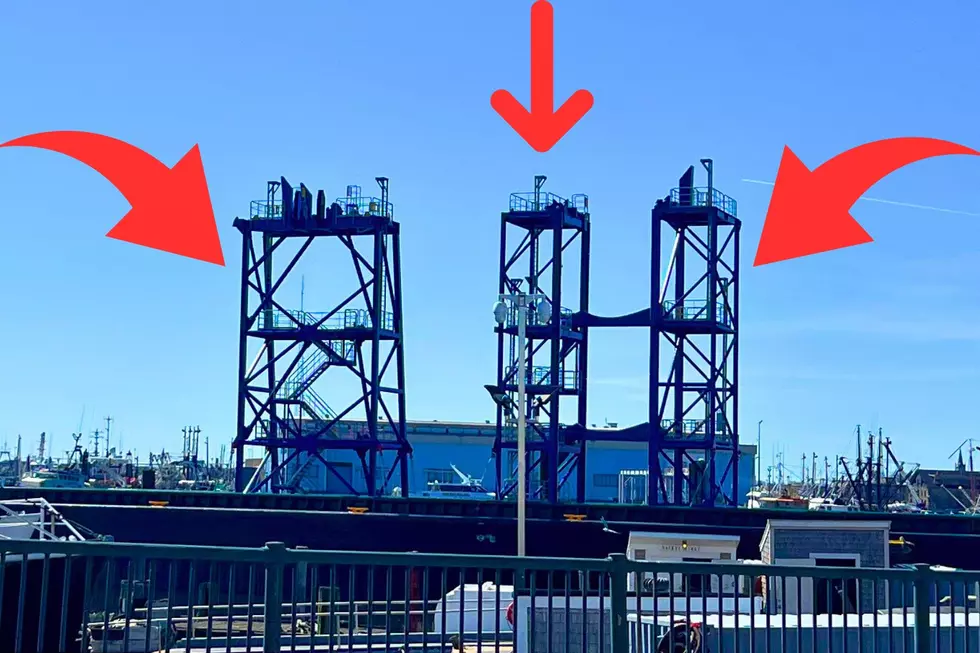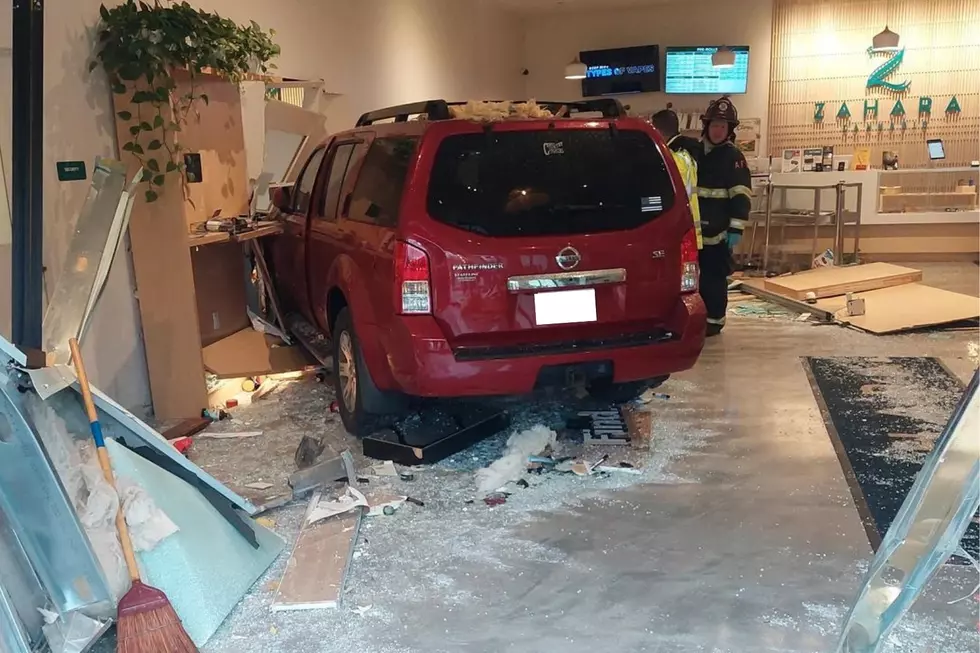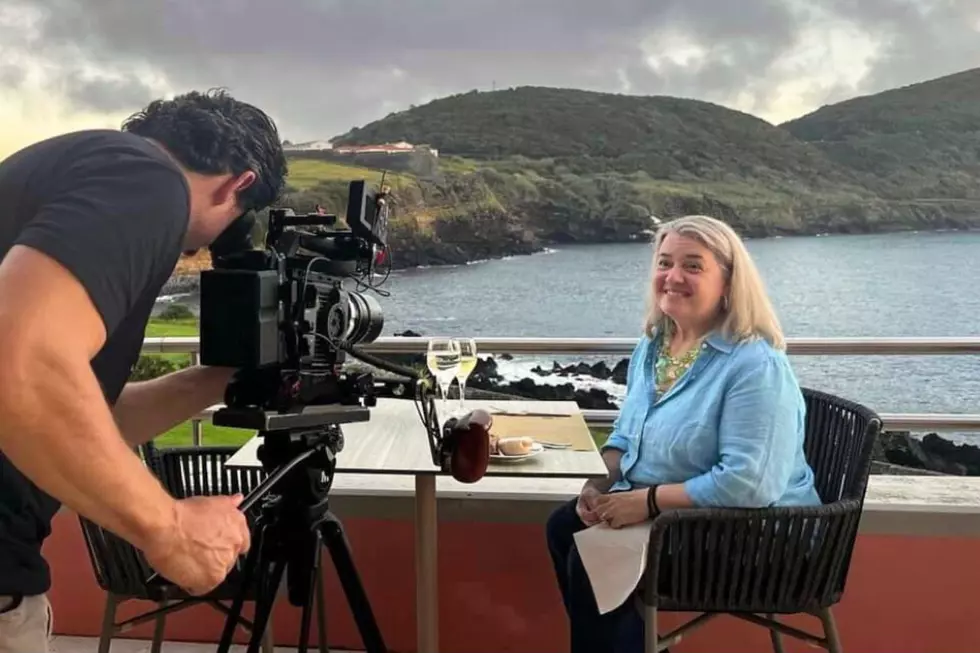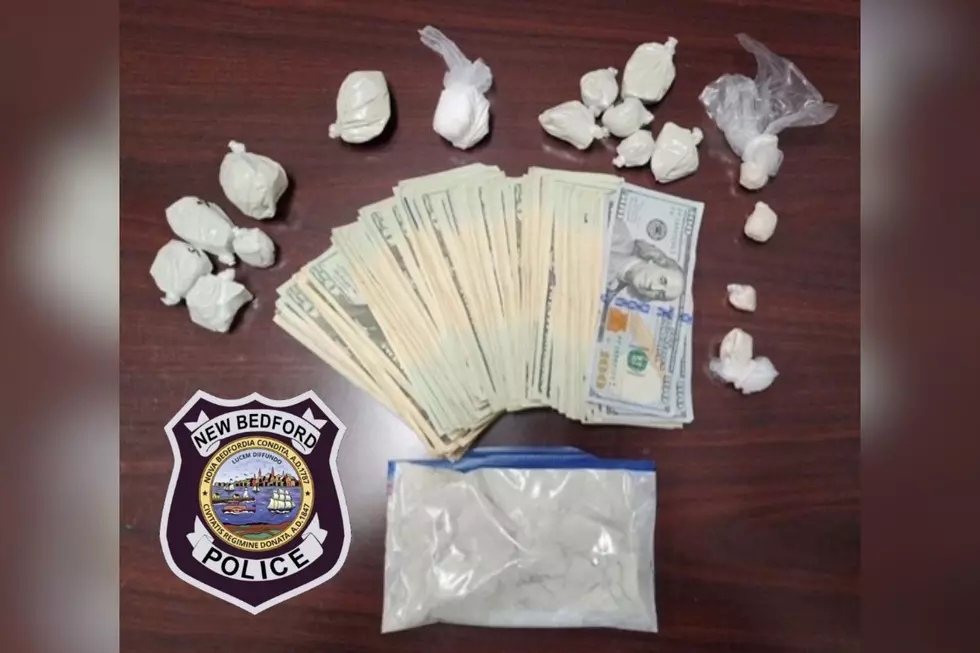
New Bedford Pot Laws: “High” On List Of Agenda
We live in a nation whose laws currently ban possession and use of marijuana without a medical license. However, we also live in a state (Massachusetts) which decriminalized marijuana possession and use of, and now in a city (New Bedford) in this state which wants to fine public smoking consumption, if you are confused by marijuana laws, you aren't alone.
In theory, the DEA could arrest state employees handling marijuana as well as private entrepreneurs in the 'legal' business of said states allowing the practice. Federal laws trump state laws and state laws trump municipal ordinances.
New Bedford City Council members are looking to invoke an ordinance which would fine citizens from $5 to $300 for smoking marijuana in public. It is grandstanding at its best and the sponsors know it but would like to feign the idea that they will do their part to squash public smoking.
What cop wants to get out of his or her cruiser, walk 200' feet to a group of youths in a park, only to find nothing but the waif of smoked marijuana? Imagine 10:30 p.m. on a Thursday night in, say.. Brooklawn Park 22F in January? An officer is expected to do something in this scenario? Confront young people who probably crushed the joint into smithereens in the mud by the time an officer reaches them?
Then imagine the cost to have prosecutors argue over a $5 fine with the person appealing? Knowing today's liberal judges in Bristol County, I'll predict a 90% dismissal rate minimum. This will flood our courts with more lost time and costs. It's a hot mess.
In a story covered by our own Greg Desrosiers, the only utterance in the conversation that made sense to me was from police chief Joe Cordeiro who said,“If you’re not going to pass an ordinance with the power of arrest, you might as well pass nothing,”
Full disclosure, I'm opposed to legalizing marijuana. I know what it can do to a sizable fraction of users and see no positive leanings on the scale of pros and cons but the council is quite frankly 'kicking the bricks" with an ordinance that, unlike alcohol which leaves behind containers for evidence, is unenforceable, impractical for cops and burdensome for courts and taxpayers
More From WBSM-AM/AM 1420









